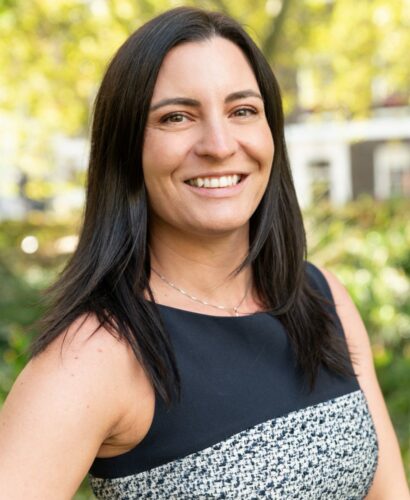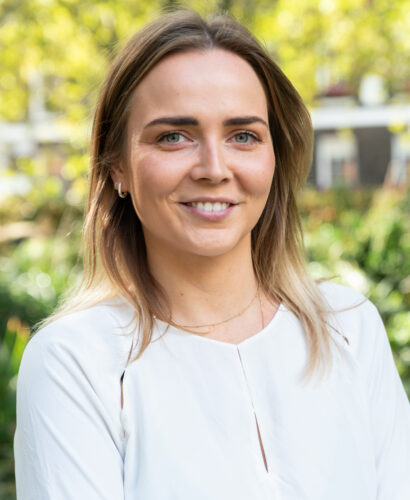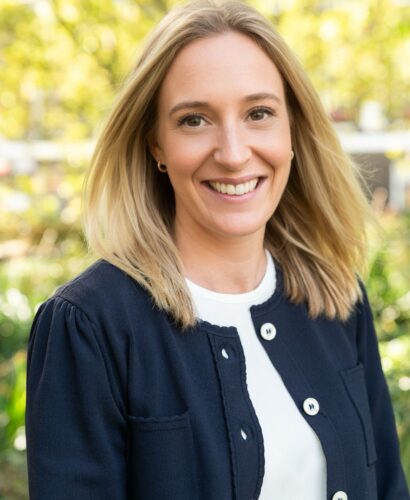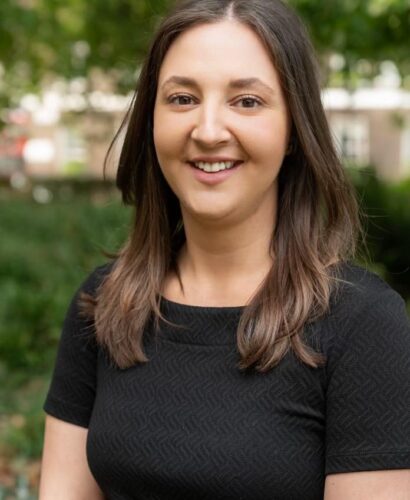
Financial Arrangements for Children
If you are unmarried, but have children together, the parent with care is entitled to apply for maintenance for the benefit of the children from the Child Maintenance Service (CMS) and you may be able to seek further financial provision from the court both on an interim and long-term basis. If the paying party earns more than £156,000 gross per annum the court can “top up” the maintenance which can include provision for additional expenses such as nannies and school fees. This is known as a Schedule 1 Application.
FAQs
Who is entitled to child maintenance?
If one parent predominantly cares for a child i.e. the care is not shared equally, they are entitled to received child maintenance from the other parent.
How much child maintenance will I receive?
The amount you will receive will depend on:
- How many children you have;
- How many children the other parent is responsible for in any other household;
- How many overnights the child(ren) spend with the other parent; and
- How much the other parent earns.
To obtain an exact figure, use the government’s online calculator: Calculate your child maintenance – GOV.UK (www.gov.uk)
How do I receive child maintenance?
The most cost-effective way is “Direct Pay” i.e. the paying parent to make a direct payment / bank transfer to the other parent. If the paying parent refuses to do so, you can make a formal application to the Child Maintenance Service (“CMS”) Collect and Pay service. If this service is used, CMS will collect the amount either from the parent’s employer or take the amount directly from their bank account. You do not have to have contact with the other parent if you use this service. Whilst this may sound good, the Collect and Pay service charges the paying parent a 20% fee and the receiving parent a 4% fee. This service should therefore be avoided if possible.
What do I do if I think the child maintenance calculation is wrong?
Either parent can ask the CMS for a “mandatory recalculation” if there are concerns about the calculation being correct. The CMS deals with these requests directly.
The other parent is moving abroad. Do they still have to pay child maintenance?
The non resident parent will always still have an obligation to pay towards their child. However, making them pay is much more difficult. If a paying parent moves abroad, the CMS loses the ability to force payment. In those circumstances, the resident parent should consider applying under Schedule 1 of the Children Act for a court order setting out how much child maintenance the parent should pay. If a court order is obtained, this can then be enforced via Reciprocal Enforcement of Maintenance Order (REMO) if the parent abroad refuses to pay (and they have moved to a country that is party to this international agreement). Further details about REMO can be found here:
My ex-partner earns a lot of money. Can I get more child maintenance than is calculated by the CMS?
If the paying parent earns more than £156,000 gross per year, you can apply to the court under Schedule 1 of the Children Act 1989 to “top up” the CMS’ maximum assessment.
Can I make my ex-partner pay my child’s school fees?
Yes. It will depend on the circumstances of each case, but the court has the power under Schedule 1 of the Children Act 1989 to order a parent to pay a child’s school fees or for vocational training.
If we were not married, is there any further financial assistance I can obtain for my child beyond child maintenance?
Yes. An application, on behalf of the child, can be made under Schedule 1 of the Children Act. This legislation enables, amongst other things, monthly maintenance payments, lump sums, the purchase of a property to live in (to revert to the other parent when the child is aged 18) to be ordered. More details about Schedule 1 cases can be found here: Schedule 1
If you are unmarried, but have children together, the parent with care is entitled to apply for maintenance for the benefit of the children from the Child Maintenance Service (CMS) and you may be able to seek further financial provision from the court both on an interim and long-term basis. If the paying party earns more than £156,000 gross per annum the court can “top up” the maintenance which can include provision for additional expenses such as nannies and school fees. This is known as a Schedule 1 Application.
Financial Provision for Children
Whilst circumstances will vary from case to case, the court can make an order that the non-resident parent provide a home for the parent with the care of the child(ren) until the youngest child reaches the age of 18 or 21.The court can also make orders in relation to ongoing maintenance (including obtaining interim maintenance), help with childcare, school fees and provision for cars and other items for the benefit of your children.
It is also possible to make an application for assistance in paying your legal fees if you do not have the resources to pay these yourself. Read our blog post to find out more.
Edwards Family Law has acted for many mothers and fathers in these applications, both domestically and internationally, including acting for celebrities, multi-millionaires, footballers, and even advising mothers before they give birth.
These applications (known as ‘Schedule 1 applications’) require expertise and careful strategic consideration.

Free Consultation
We offer a free 45-minute consultation to all qualifying individuals, who have complex cases and want to be represented by our leading family and divorce lawyers. After 45 minutes, please note that our time is charged at our hourly rates.
During a free consultation with our experienced divorce solicitors and family solicitors, you can expect a comprehensive discussion about divorce in the UK (England and Wales). We’ll walk you through the process of how to get a divorce, covering important topics such as the divorce application, laws on divorce and your financial rights and obligations following a divorce.
Our lawyers will provide insight into divorce law, including no-fault divorce, and help you understand the divorce process, including divorce filing and court proceedings. We’ll also discuss the cost of divorce, giving you a clear picture of what to expect financially. Our team of solicitors also can provide comprehensive legal guidance in issues such as child arrangements (also known as “child custody”), spousal support, and property division.
We’re here to assist you in every aspect of getting a divorce or family issue, making the process as smooth and stress-free as possible. Whether you’re seeking advice on family arrangements or need guidance on a divorce consent order our experts in family law are here to help.
We endeavour to respond to all new enquiries within a few hours but sometimes with other commitments such as court hearings, that might not be possible. At most, we will get back to you within 24 hours. If you require urgent or immediate assistance, please contact the team by email contact@edwardsfamilylaw.co.uk, flagging the urgency and we will do whatever we can to assist, if proportionate and possible on the facts of your individual case.









